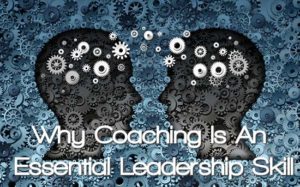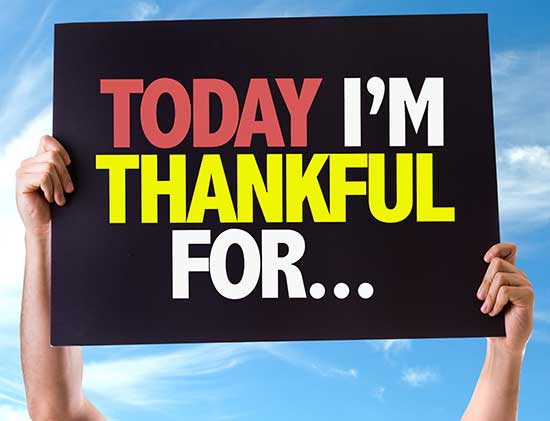Plenty of leadership development content is released on the Internet every day. It’s easy to find. Try putting “become a better leader” into Google sometime. (Almost 75 million hits.)
What’s much less common is any kind of consensus about what makes an effective leader. A quick, non-scientific survey points to two common themes in blog posts, academic literature, and magazines: 1) personal character development and 2) a commitment to developing other people. (This was a highly subjective survey that consisted of me looking at about 100 articles and keeping count of how many times these topics came up.)

Any effective leader can grow by making a high commitment to developing solid character. One scary leadership truth is that every leader reproduces some part of him or herself in their followers. As you lead, you don’t want to reproduce the dysfunctional sides of your character, do you? Personal character development has to be a function of effective leadership.
The second key leadership characteristic is developing other people. The leaders who lead the most effective cultures are constantly in search of opportunities to develop the people around them. Development along those lines is a key to servant leadership. There is no more effective strategy for this kind of people development than coaching.
What is the current state of your coaching skills? How effective are you in developing the people around you? What vision are you pursuing that would require the development of other people? These are the kind of leadership questions that every effective leader must be able to answer. And at the center of the answers to these questions is coaching.
Coaching is a crucial leadership skill in today’s day and age, no matter what company, organization, not for profit or church you’re leading.
What results can you expect from embracing coaching as a leadership skill? Here are just a few:
- Coaching expands your reach, because the people you have developed are serving in other parts of your organization.
- Your influence is felt because you can fully trust that the people around you are handling challenges the way you would.
- Coaching mobilizes your team at a very high level. There is no faster way to implement a plan then to help the members of your team see its benefits for them through their own perspective. Coaching does that.
- The solid relationships that coaching generates raise the overall level of efficiency in your organization.
- Team members being coached have a chance to deepen their buy in to the vision and engage more deeply into the culture of the organization.




